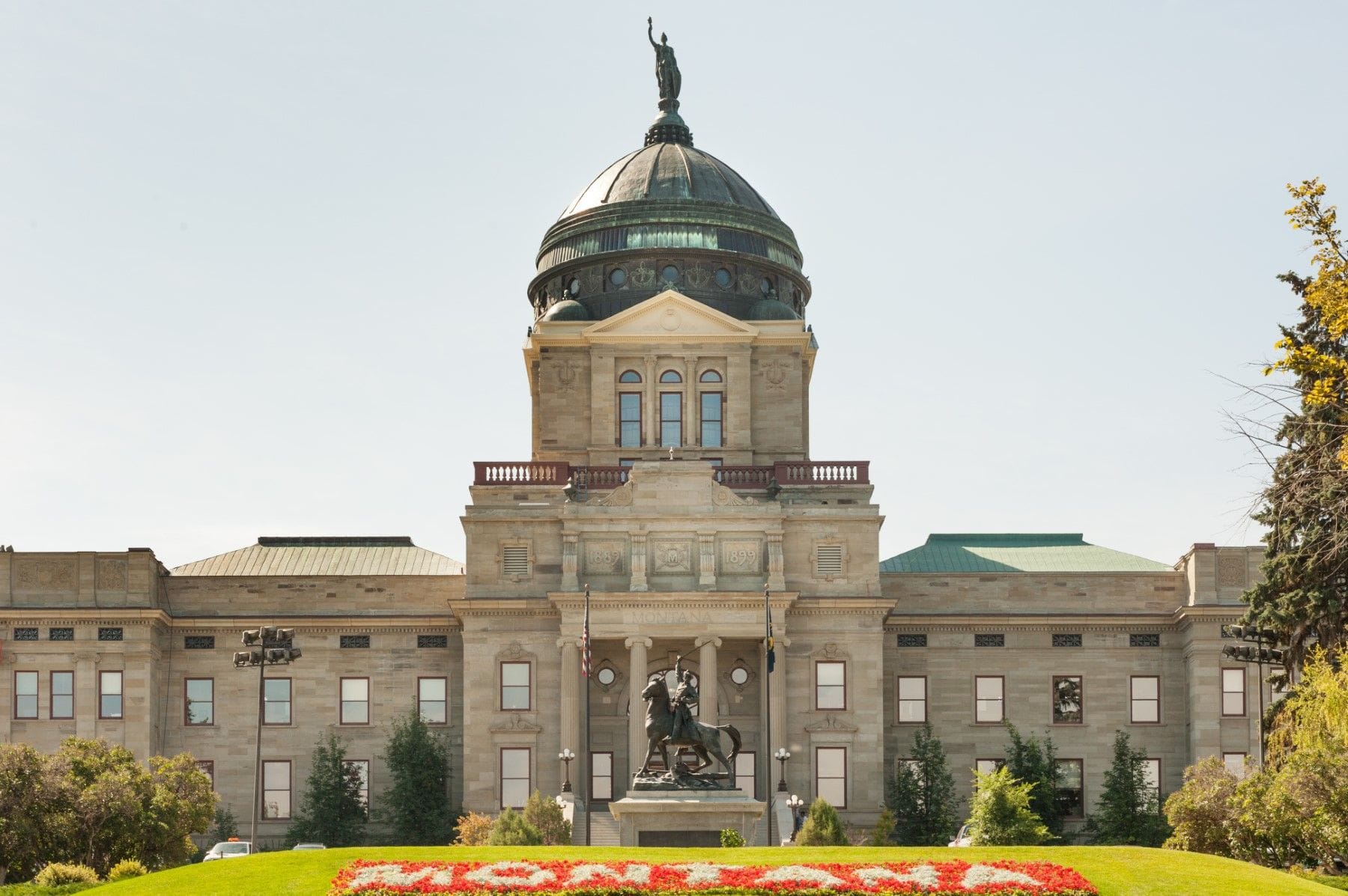Montana Expert Witness Disclosure Requirements
Montana's expert witness disclosure rules require timely, detailed information to ensure fairness in trials, emphasizing compliance and transparency for effective litigation.
Updated on
In this article
When Are Expert Witness Disclosures Required in Montana?
In Montana, the requirement to disclose expert witness information is governed by the Montana Rules of Civil Procedure, specifically Rule 26. This rule outlines the timing and content requirements for expert witness disclosures in civil litigation. According to Rule 26(a)(2), parties must disclose expert witness information at least 90 days before the trial date, unless otherwise stipulated by the court or agreed upon by the parties. This timeline ensures that both parties have sufficient opportunity to prepare for trial by reviewing the expert opinions and formulating counterarguments.
Supplemental disclosures are equally important and are required to be made in a timely manner, typically at least 30 days before the trial. The rules emphasize the necessity of adhering to these timelines to maintain the integrity and efficiency of the judicial process. Additionally, case-specific scheduling orders may alter these deadlines, and parties must remain vigilant to comply with any modifications issued by the court.
Information That Must Be Included in the Disclosure
Montana's Rule 26(a)(2)(B) mandates comprehensive disclosure of expert witness information. These disclosures must include:
- Expert Qualifications: A detailed account of the expert’s qualifications, including their education, training, and experience relevant to the case.
- Opinions and Bases: A clear statement of all opinions the expert will express, along with the basis and reasons for those opinions.
- Data Considered: A list of all data or information considered by the expert in forming their opinions.
- Fee Structure: Details regarding the compensation to be paid for the expert’s study and testimony.
- Prior Testimony: A record of any other cases in which the expert has testified as an expert witness in the past four years.
These requirements are designed to ensure transparency and allow opposing parties to adequately prepare for cross-examination and rebuttal.
Supplementing and Amending Expert Disclosures
The duty to supplement or amend expert disclosures in Montana arises under Rule 26(e). This rule obligates parties to update their disclosures in a timely fashion when they learn that the information previously disclosed is incomplete or incorrect. Supplementation is required if the new information has not otherwise been made known to the other parties during the discovery process or in writing.
Failure to appropriately supplement or amend disclosures can have significant consequences. The court may impose sanctions, including the exclusion of evidence or expert testimony not properly disclosed. Therefore, parties must be diligent in updating their expert disclosures to avoid jeopardizing their case.
Consequences of Failing to Properly Disclose an Expert
Non-compliance with expert disclosure requirements in Montana can lead to severe penalties. The most immediate consequence is the exclusion of the expert’s testimony, where failure to meet disclosure obligations resulted in striking the expert’s testimony. The court may also entertain motions to exclude experts or impose other sanctions deemed appropriate under Rule 37.
Beyond procedural penalties, the broader litigation risks include undermining the credibility of the case and limiting the ability to effectively present expert evidence. Legal practitioners must ensure thorough and timely compliance with disclosure rules to safeguard their client’s position in litigation.
State-Specific Rules and Key Considerations
Montana’s approach to expert witness disclosures bears similarities to the Federal Rules of Civil Procedure but also includes state-specific nuances. Notably, Montana courts have discretion to tailor disclosure timelines and requirements based on the specifics of a case.
Furthermore, practitioners should be aware of local court rules that may impose additional requirements or modifications to the standard procedures. Familiarity with these local variations is crucial for attorneys practicing in Montana to ensure compliance and avoid inadvertent errors.
In summary, Montana's expert witness disclosure rules emphasize timely and comprehensive sharing of expert-related information to maintain fairness and efficiency in the judicial process. Legal professionals must navigate these requirements with precision to effectively advocate for their clients while adhering to procedural mandates.


